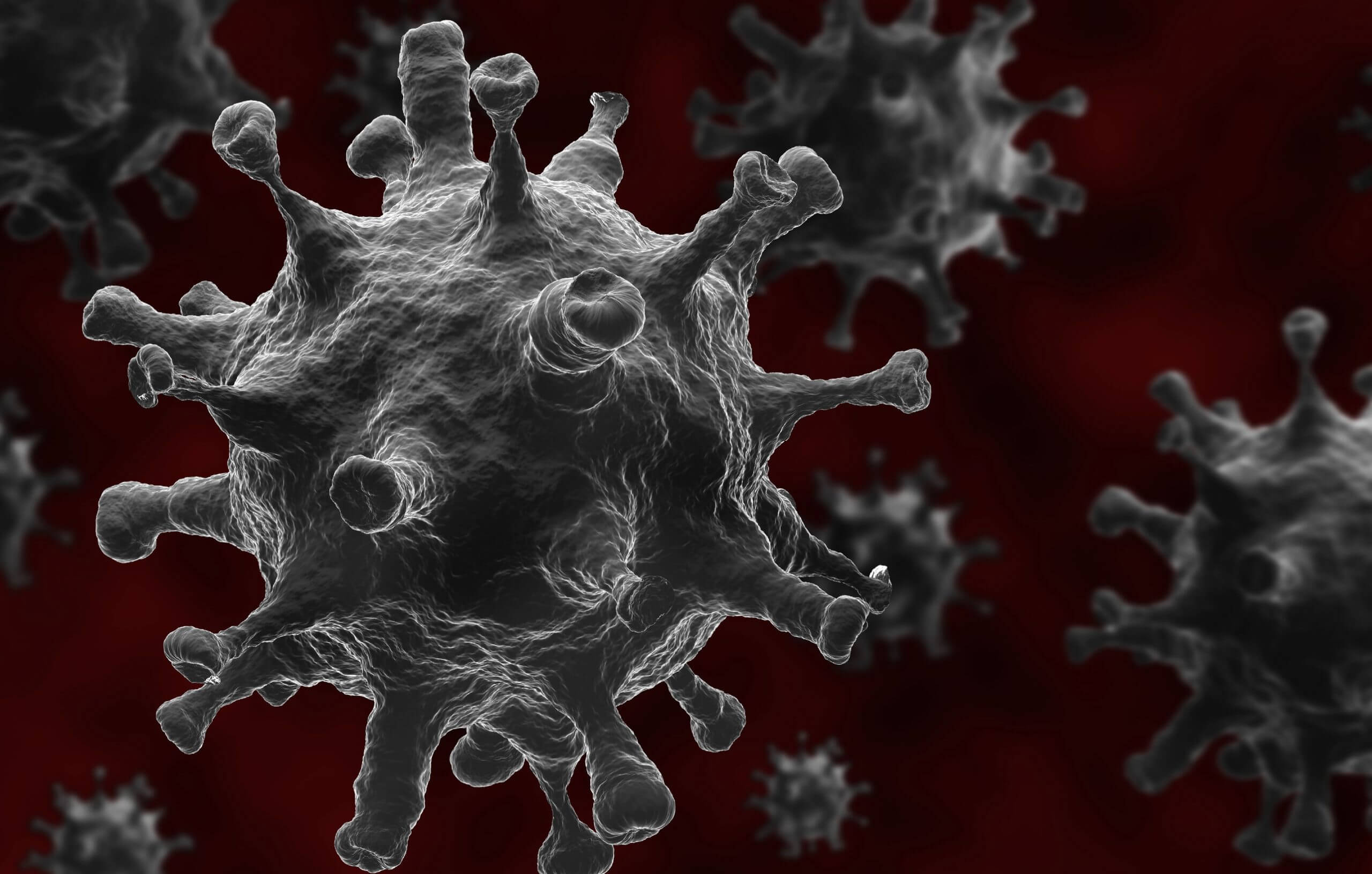The Coronavirus: What It Is And How You Can Protect Yourself
From toilet paper shortages to social distancing to self-isolation, it seems that everyone is being affected by Coronavirus. Even if you have not contracted the illness, the repercussions of panic and misinformation are causing problems around the world. In the middle of the panic, there are a few simple questions we all want simple answers to: what is it, how does it spread, how can we protect ourselves, and how do we stay updated? Below are some basics about Coronavirus and how you can stay safe.
What Is Coronavirus?
Simply put, Coronavirus, also known as COVID-19, is a virus. It belongs to a large family of viruses that also includes illnesses like the common cold, MERS, and SARS. While viruses are incredibly common, they can be difficult to treat because, unlike a bacteria, there are no medicines to cure a virus, just those that manage symptoms.
Think about the last time you had a cold or flu. You likely took over-the-counter medication to help you feel better. Whether that means you are treating a fever, congestion, a headache, or stomach ailments, these are just symptoms of an underlying virus and not the virus itself. This leads us back to Coronavirus. While we can now test for it, Coronavirus is not curable at this point but symptoms can be treated.
What Are The Symptoms Of Coronavirus?
According to the Center for Disease Control and Prevention (CDC), the first symptoms of COVID-19 are a fever, cough, and shortness of breath. These initial symptoms may appear 2 to 14 days after exposure. If you have had possible exposure to the virus through interaction with someone who was sick or recent travel, these are symptoms that should send you to your doctor to request a COVID-19 test.
The more serious signs that require immediate medical attention according to the CDC are difficulty breathing, persistence pair or pressure in the chest, new confusion or an inability to arouse, and bluish lips or face.
As COVID-19 is a “novel” virus, or one that is new to medical professionals, the CDC also recommends that any severe symptoms should be taken seriously and brought to the attention of a medical professional.
How Does Coronavirus Spread?
The current theory is that COVID-19 is spread through close contact, meaning within 6 feet, with someone who carries the virus, and through “respiratory droplets produced when an infected person coughs or sneezes” (CDC.gov, 2020). While the CDC says it is thought that people are most contagious when they are at the sickest, it still may be possible for someone to spread the virus before showing symptoms.
The CDC has also stated that it may be possible to contract the virus if you touch an area on your face after coming in contact with a contaminated surface. This particularly true if you touch or rub your eyes, mouth, or nose.
How Can You Protect Yourself From Coronavirus?
So, with all this information, how can a person stay safe? The easiest answer: follow the guidelines set out by the CDC and World Health Organization (WHO). According to the latest update by the CDC, the following guidelines are your best first defense against COVID-19:
- Wash your hands with soap and water for at least 20 seconds. This is especially important after you’ve been in a public place or after blowing your nose, coughing, or sneezing.
- Use hand sanitizer that contains at least 60% alcohol, covering all surfaces of your hands and rubbing them together until they feel dry.
- Avoid touching your eyes, nose, and mouth with unwashed hands. Avoid close contact with people who are sick.
- If COVID-19 is spreading in your community, put distance between yourself and other people.
- Stay home if you are sick, except to get medical care.
- Cover your mouth and nose with a tissue when you cough or sneeze. You can also use the inside of your elbow.
- Dispose of all used tissues. If you are sick, where a face mask if possible.
- If you are NOT sick, you do not need a face mask and should leave them for those who are sick.
- Clean and disinfect the frequently touched surfaces daily. Some of the recommended surfaces are tables, doorknobs, light switches, countertops, handles, desks, phones, keyboards, toilets, faucets, and sinks.
As of March 15, the CDC has also recommended that all large in-person events or gatherings, meaning 50 people or more, should be cancelled. Some communities are also seeing the closure of schools and people working from home.
How To Stay Up-To-Date About Coronavirus
As we learn more about this new virus, the CDC and WHO are updating their websites with new information regularly, including the current number of confirmed cases and deaths, as well as updated recommendations to prevent the spread of COVID-19. You can find the most accurate and up-to-date information at:
Recent Articles
Discover practical solutions, innovative techniques, and the latest industry news to create a healthier and fresher environment for you and your loved ones.


